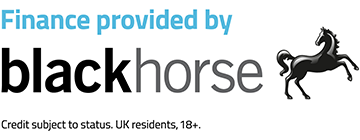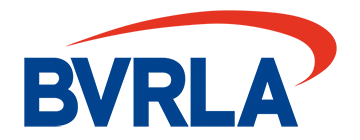* CANCELLED! * – Double Cab Pickup Trucks New BIK Rules
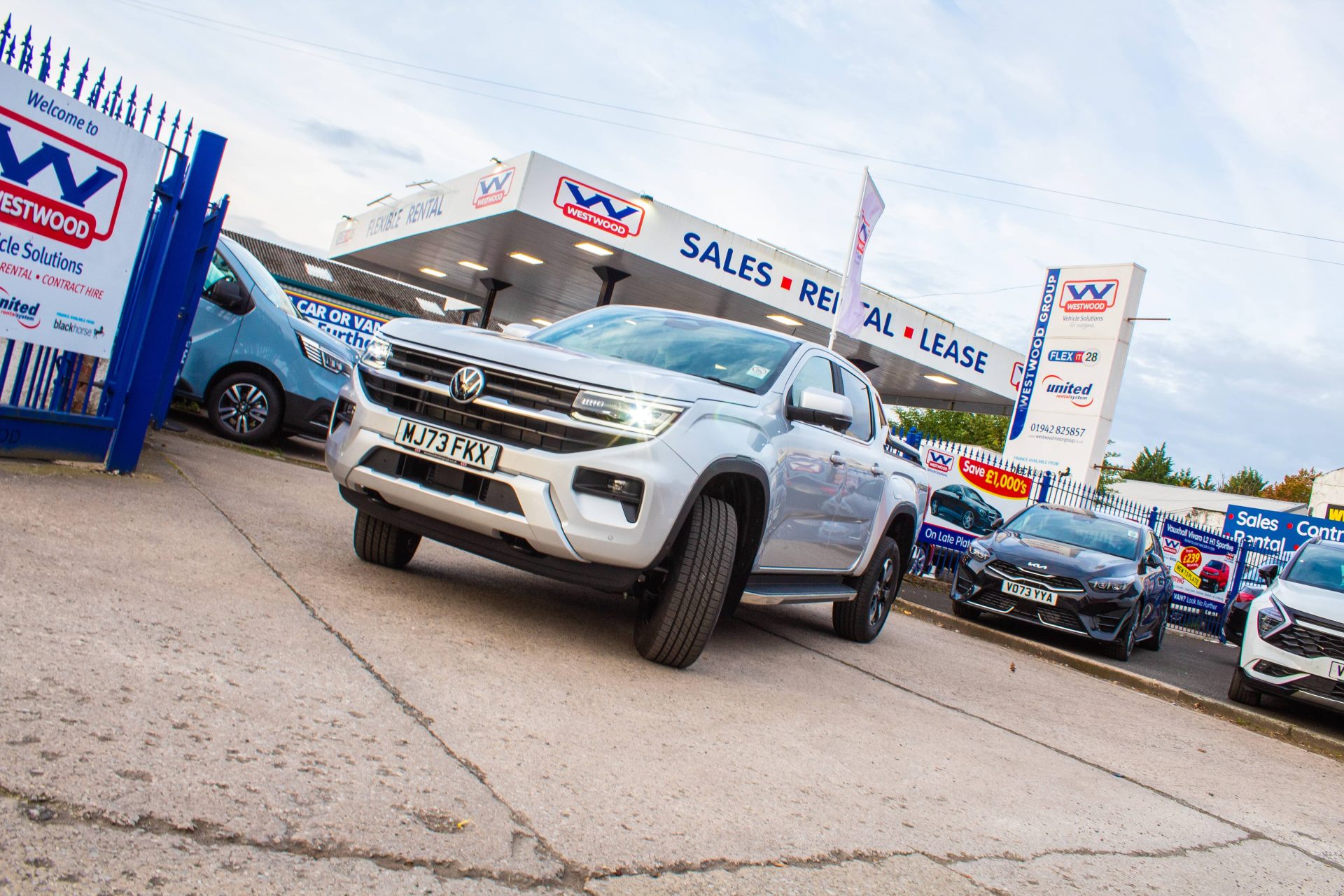
Double-Cab Pickups – Plan To Close Company Car Tax Loophole Scapped!
With very little notice, it was announced that double cab pickups, which have long benefitted from being classed as commercial vehicles and as such favored by company car users (as a way to drive a large SUV type vehicle but without the BIK tax sting) was going to be brought to an end.
A few days later and the whole proposal was scrapped! In the meantime, we’d gathered some details to provide information for those who’d likely be affected. Rather than simply deleting the content and pretending the whole saga hadn’t happened, here it is – this is what almost happened!
Double Cab Pickup Trucks have, for many years been a favourite of company car users thanks to an anomaly of the benefit in kind (BIK) company car tax system. Essentially, double cab pickup trucks with a payload of over a ton have been classified for tax purposes as commercial vehicles rather than cars. As such, for those who drive them as company cars, the benefit in kind tax payable has been the same flat rate as vans, rather than being taxed as cars which are charged based on a combination of the purchase value and C02 emissions.
Large, luxurious 4-wheel drive vehicles are often highly desirable status symbols and pickup trucks are often very plush, well-equipped powerful machines with many of the same features. However, thanks to pickups being classified as vans for tax purposes it’s currently possible to have all that presence without the expensive tax burden and they’ve been very popular for just that reason.
HMRC have announced that this particular tax loophole will be closed on the 1st of July this year (2024), after which, double cab pickup trucks will no longer qualify for the flat rate of BIK tax enjoyed by commercial vehicles and instead will be re-classified as cars – big, thirsty, expensive cars and as such, people driving them will have to pay significantly more to continue driving them as company vehicles.
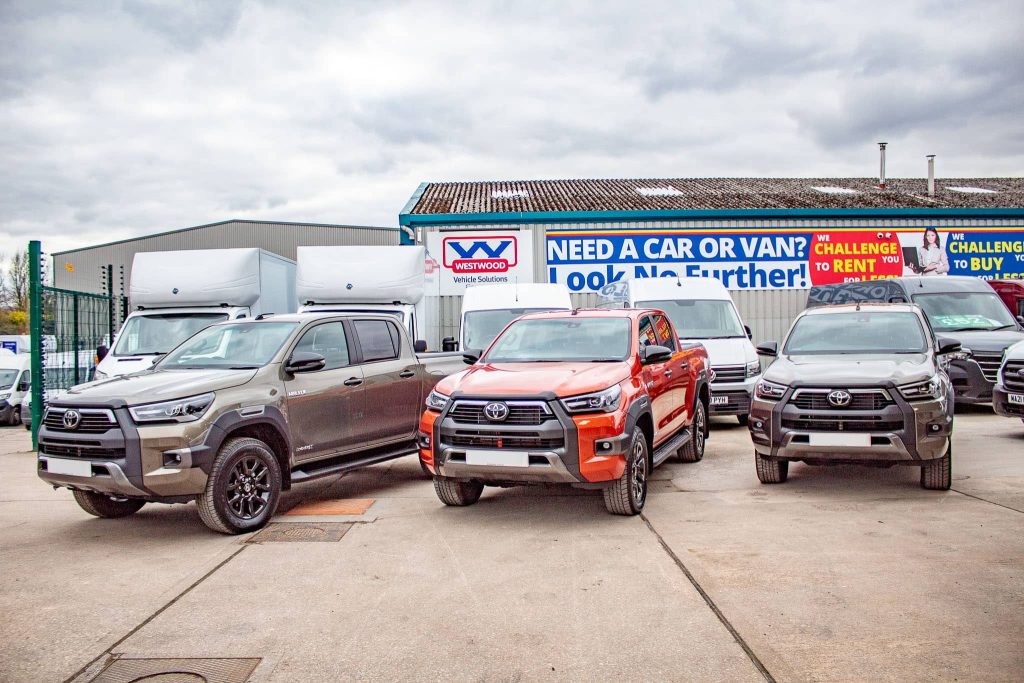
The rules affect company car users only, not the companies themselves. If a VAT registered business buys/rents a double cab pickup, they are free to continue to treat the vehicle as a commercial vehicle and deal with it for VAT purposes in exactly the same way. With this being the case, the registration date of the pickup doesn’t matter. The rules affecting the BIK rate of all double cab pickups (apart from those subject to the transition period – see below) from the 1st of July.
The new rules have been announced with very short notice, but as we mentioned above there IS a transitional arrangement in place. The arrangement isn’t based on the registration date of the vehicle however, but on when it ordered or sold.
If a vehicle is ordered prior to the new rules coming in, then it’ll benefit from the outgoing BIK rate up until the agreement ends, the vehicle is sold, or the 5th of April 2028 – whichever happens first. This remains the case even if it’s actually delivered after the new rules come in. With this being the case, getting a contract hire order in, or placing a deposit to purchase well before time allows business users wanting a double cab pickup to benefit from these lower tax rates for as long as possible.
New BIK Pickup Rules in a Nutshell
- New Rules come in on the 1st of July reclassifying double cab pickups (with payloads of over a ton) as cars.
- Affected vehicles will no longer qualify as commercial vehicles for tax purposes and as such, the flat rate BIK rate will no longer apply to them
- These rules only apply to double cabs with a second row of seats (if the second row is removed or not present they’re still ‘vans’.
- For VAT and capital allowances purposes the rules aren’t changing – pickups will still be commercial vehicles, it’s the BIK tax that’s being changed so employees using them as company vehicles are the ones who will be affected, not necessarily the businesses they work for.
- HMRC doesn’t consider commuting (or occasional one-off use) as ‘personal use’, so driving to and from work only doesn’t make pickups company cars, however, allowing employees to use them for ’social domestic and pleasure’ attracts the new BIK.
- Vehicles purchased or ordered before July 1st 2024 won’t liable for the new rates until they are re-sold
- There will be a transitional arrangement – Vehicles obtained/ordered before 1st of July retain their flat rate BIK status up until the point where EITHER the vehicle is sold, the agreement ends or the 5th of April 2028, whichever arrives soonest.
The Future of Low Tax Company Cars?
Getting the best company car for your budget has led many business users to opt for double cab pickups, but after the company car tax rates increase, what’s next?
Crew Cab vans, by their nature are dual purpose and as such may, or may not be ‘cars’ depending on how they’re used – it’s worth pointing out that HMRC won a case in the high court in 2020 regarding the classification of dual purpose vehicles in a specific case, so any favourable BIK treatment for double cab vans, while currently still possible might not always be the case and could go the same way as pickups in due course, ending up permanently classed as cars at some point.
Car-derived vans (CDV’s) might well be a viable option though – anything from a small hatchback converted to be a commercial vehicle with the seats removed (and possibly blanked back windows), up to the massively popular, luxuriously well-appointed Landrover Discovery Commercial, all remain in the ‘vans’ BIK bracket, so these might be worth considering.
In terms of tax efficiency though, there’s nothing that comes close to electric cars. Even now (at the time of writing), electric cars have a BIK rate of only 2% as well as paying no road tax and being completely exempt from EVERY known congestion based charge, or low emissions zone charge. Additionally, they’re significantly cheaper to run, mile for mile.
The barriers to electric ownership are fast dropping away as well; the cost of electric vehicles is falling, battery range is getting much better and the charging infrastructure is also significantly improved.
All of the above is our interpretation of the rules as we understand them, so while we can’t offer tax advice (speak to your accounts or legal professional for that), we can certainly offer advice on the best vehicle for you right now and offer the best rices and best specification you’re likely to find anywhere.
If you’d like to get an order in for long term hire or buy/order a nearly new pickup truck outright before the rules change, we can help. If pickups are now unviable for you and you’d like to explore other options, we can help there too.
Whatever you need, we’ve got the lot!
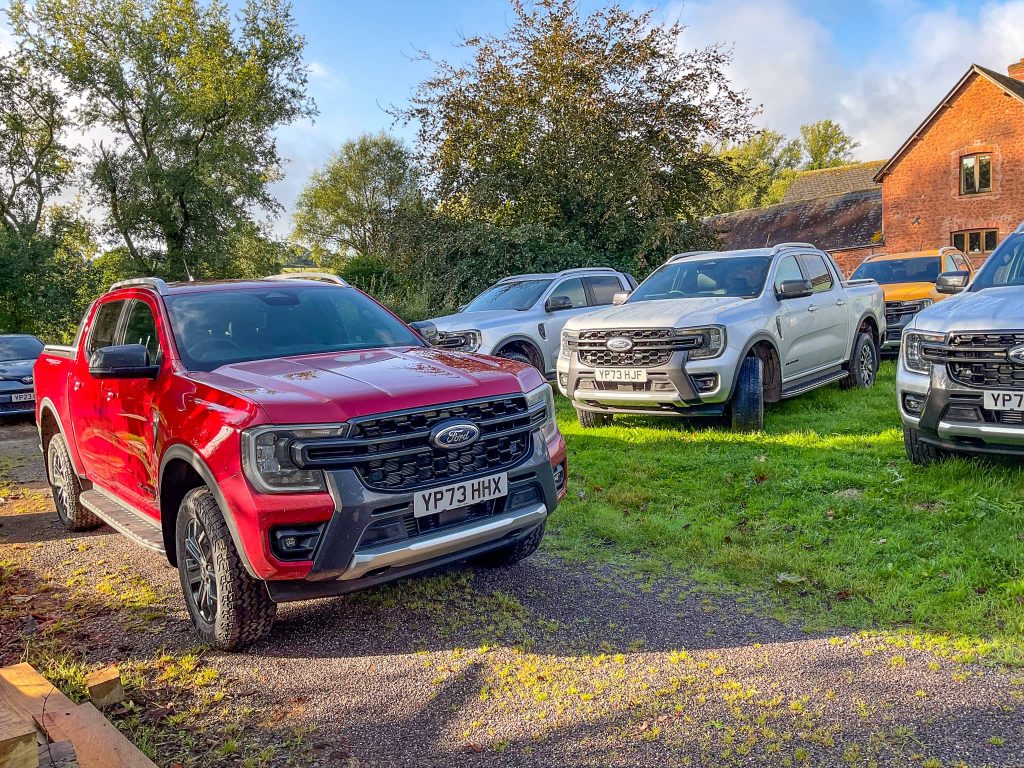
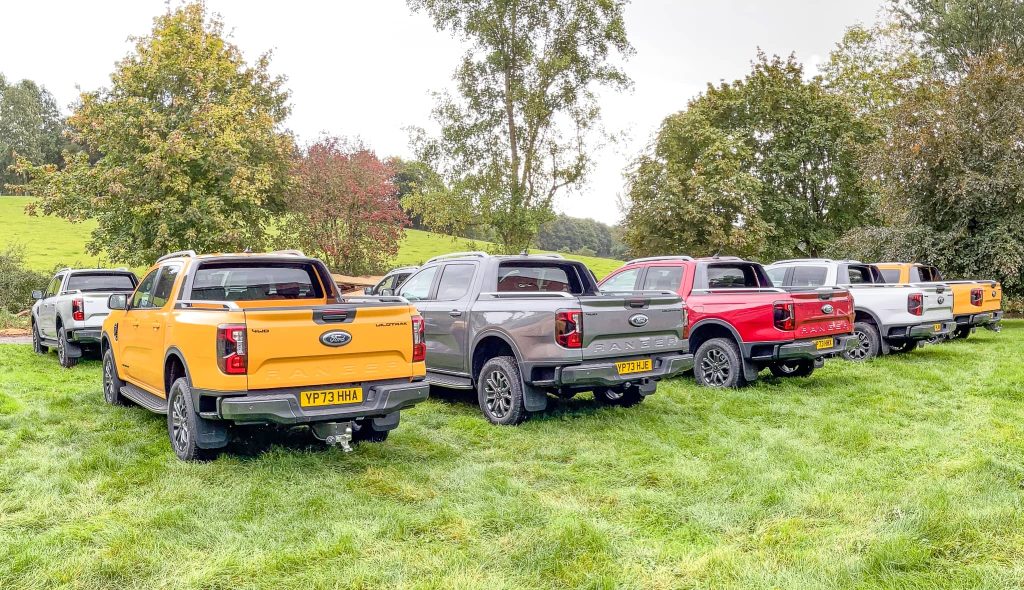
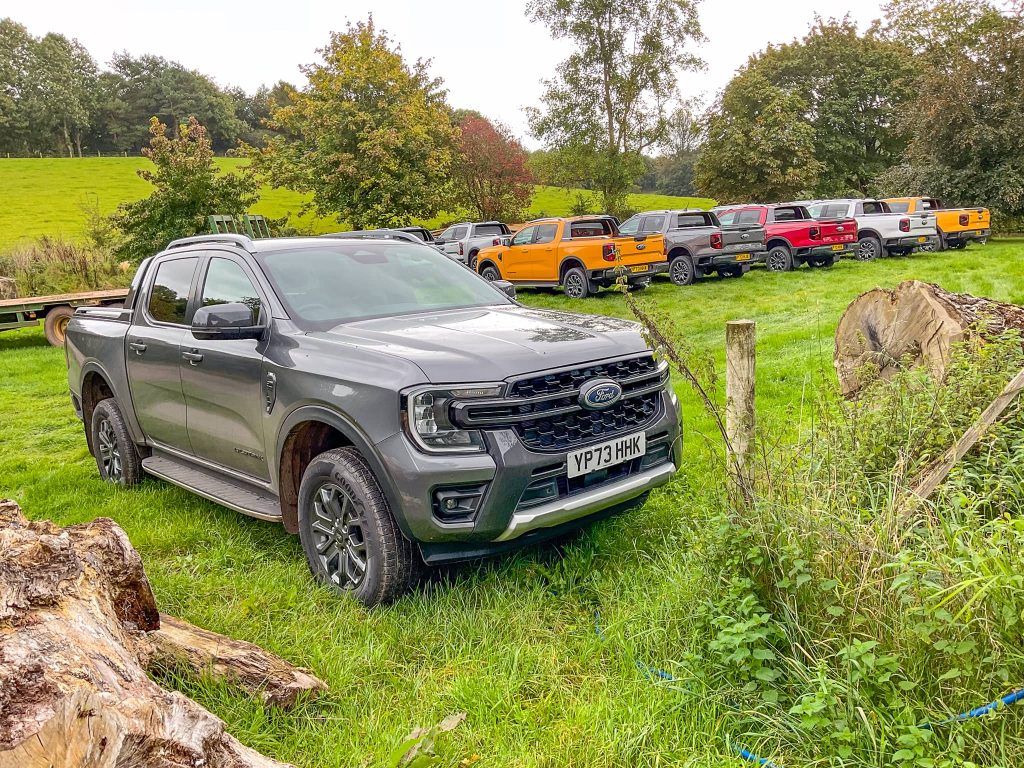
 Call Now – 0330 174 3165
Call Now – 0330 174 3165